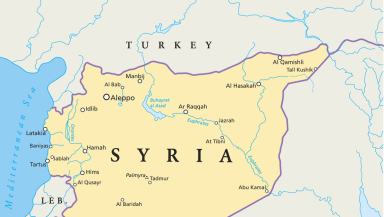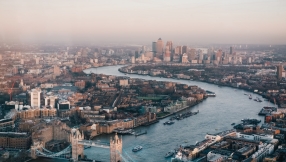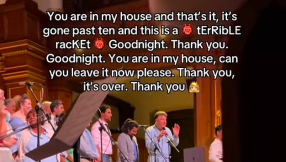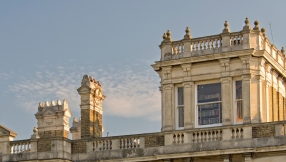
The ongoing sectarian conflict between Druze and Bedouins in the Syrian city of Suwayda has continued to impact the Christian community there, with over 250 people taking shelter in the Capuchin Church of Jesus the King.
The conflict has already drawn in Israel, who have carried out strikes in support of the Druze, many of whom live in Israeli occupied territory and serve in its military. The Druze practise a syncretic faith which has its origins in Shia Islam. The Bedouins are Sunni Muslims.
However, faith does not appear to be the main motivator for violence. Recently a Christian convert from the Druze community was killed along with 11 members of his family. While details of the murders remain sketchy, sources indicate the convert was killed for his Druze background, rather than his Christian faith.
Now, around 60 to 70 families, many of them Christian, have abandoned their villages to take refuge in the church, apparently in the hope of weathering the ongoing storm.
Sources on the ground have told the Catholic charity, Aid to the Church in Need (ACN) that locals lack water, food and electricity. Militants are looting warehouses, while shelling and bombardment are a continuing threat.
An anonymous witness said, “In recent days, the church compound was hit by intense shelling. A shell struck the monastery, causing significant damage to water tanks and glass windows. Miraculously, no one inside the church was injured.”
Another said, “The siege continues, and sniper fire makes it impossible to get out.
“Sporadic gunshots are heard and fear is constant, with no clarity on who the fighting factions are. There are still many missing people – they could be in other villages, or dead in their homes.”
There is no guarantee for Christians in the area that they will be left alone while the Druze and Bedouins settle their differences.
Earlier this month St Michael’s Melkite Greek Catholic Church in Al-Soura Al-Kabirawas was significantly damaged in an attack and at least 38 Christian homes have been destroyed, forcing residents to take refuge in a church hall. In Shahba.
There they continue to live in siege conditions, with no outside aid coming to bring relief.
The situation appears to indicate that the new Syrian government, despite its stated aim of creating an inclusive Syria free of sectarian violence, is simply unable to make this dream a reality in a land that is awash with a multitude of armed militant groups.













